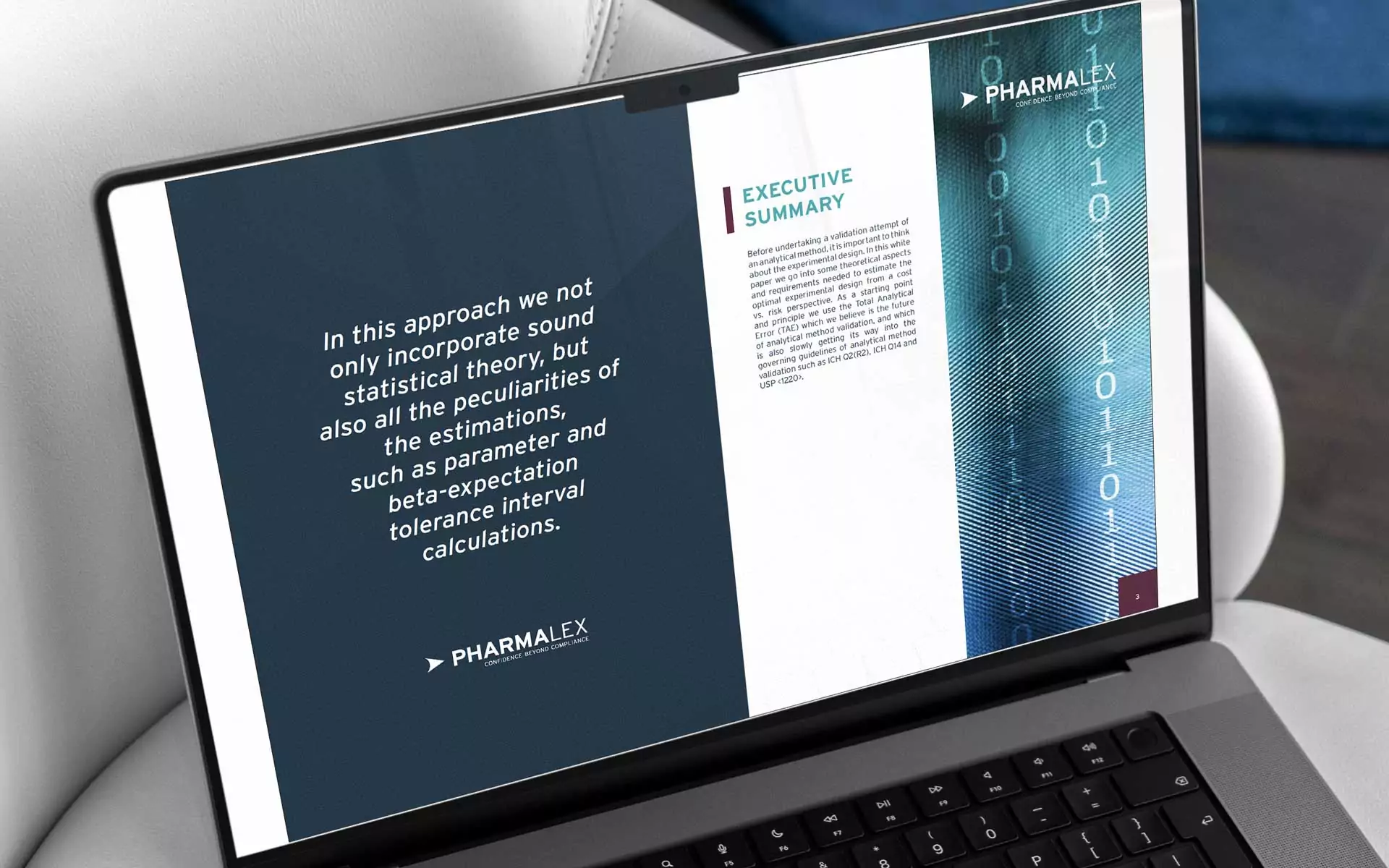The European Council has agreed to an approach to modernize and simplify the framework for fees payable to the European Medicines Agency (EMA). The approach will enable the council to start negotiations with the European Parliament.
The agreement follows the European Commission’s announcement in December 2022 to update fees payable to the EMA. Under Article 67(3) of the founding regulation, fees and charges are part of the revenue needed to support assessment and authorization of new medicines, for the development and access of new medicines, and for the maintenance and monitoring of EU approved medicines.
The agency has said the overhaul seeks to provide a “sound financial basis to support the EMA’s operations, including remuneration for services to the EMA rendered by national competent authorities, in line with the applicable legislation”.
Another important objective is to future-proof the fee system by bringing in flexibility with regards to how it is adjusted.
The revision also provides for an amendment to Article 106 of the Medical Devices Regulation in anticipation of fees payable to the EMA for advice the agency provides the secretariat for the expert panels.
An impact assessment process canvassed the main stakeholder groups via a survey, with four potential ways to overhaul the system. The surveys were followed by a series of targeted interviews with national competent authorities, the Heads of Medicines Agencies and the EMA.
After the consultation process, it was proposed that minor post-authorization activities be included in the annual fee for products authorized through the centralised procedure, while major post-authorization procedures should still attract a separate fee. This proposal was out for public consultation until February 2023 and a date for the regulation update has not yet been announced. The expectation is that the overhaul will make the fees not only less complex but also more predictable.








